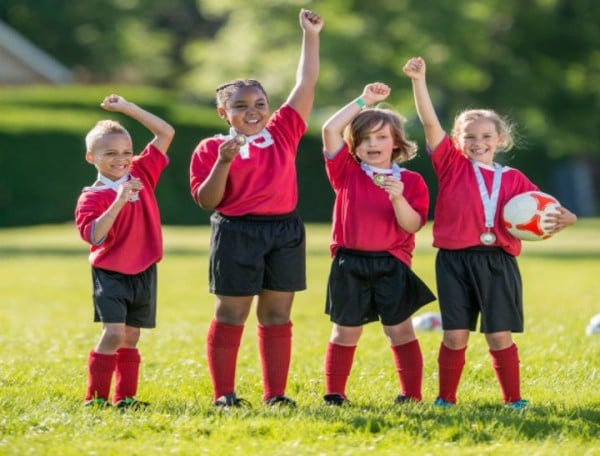
Ask me a year ago what I thought of participation trophies and I would have rolled my eyes. I would have scoffed and tutted and told you how ridiculous they were.
I would have used words like “entitled” and “marshmallow generation” and told you how in life there were “winners and losers”. How kids needed to learn. How it was “destroying our youth’.
Blah Blah Blah.
I even wrote about it, how surprised I was when my eldest son started school and kept coming home with ribbons.
Ribbons just for turning up.



